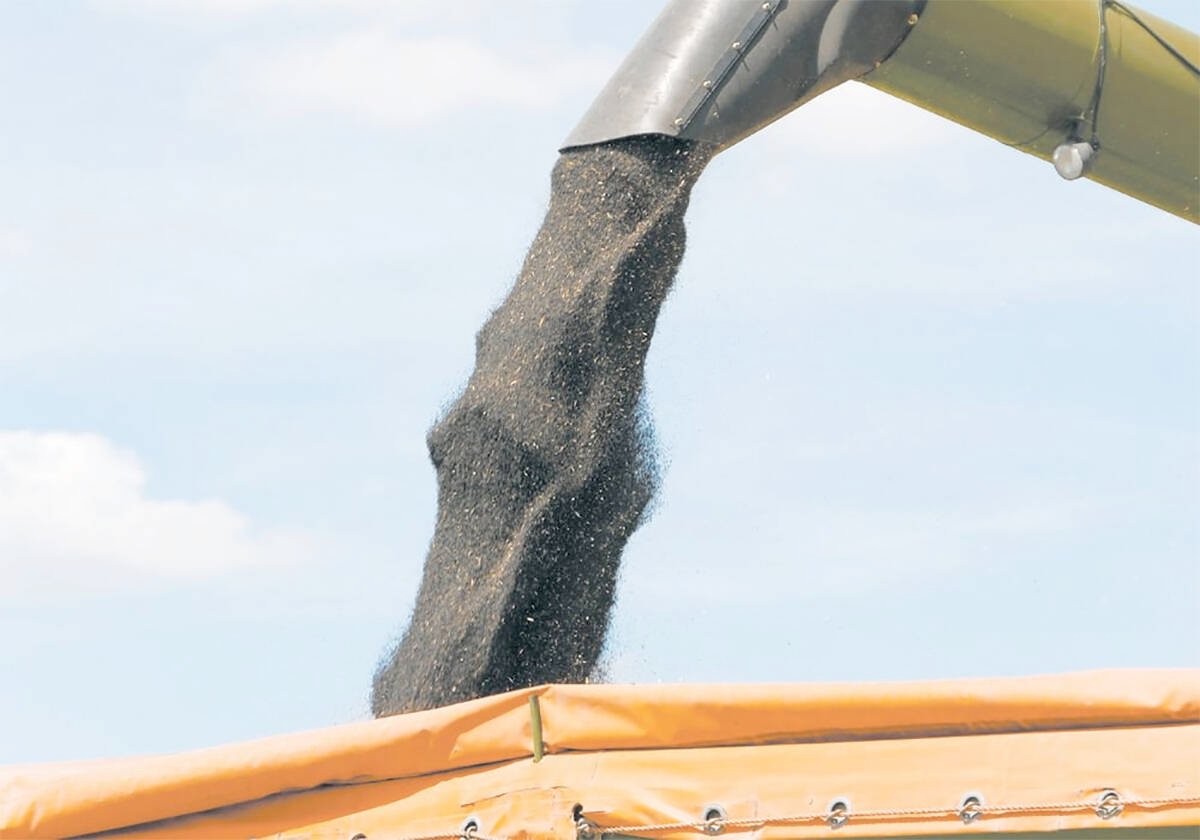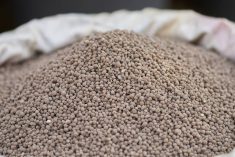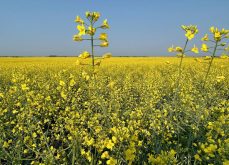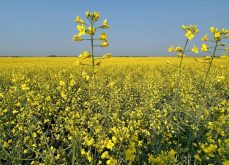More than two years ago, a list of recommended changes came down on how to simplify and streamline Canada’s Advance Payments Program (APP). Agriculture and Agri-Food Canada (AAFC) has updated their progress on those recommendations.
In June 2023, a review of the Agricultural Marketing Programs Act (AMPA), which regulates the APP under the guidance of AAFC, was tabled before Parliament. The APP program is meant to provide relatively low-cost cash advances for farmers, but the review noted four farmer-facing changes that could improve the system.
To date, only one has been tested as policy.
Read Also

Alberta farmer invited to World Economic Forum
Southern Albertan farmer’s regenerative agricultural practices featured on panels at Davos where nations come together in partnership.
1. Create a more risk-based approach to credit-worthiness
This suggestion is being piloted for the current APP program year (April 2025 to March 2026). The new structure of the program puts more weight on repayment history. Producers with a good track record under the program can receive advance issuance more quickly, an AAFC spokesperson said in an email.
In the process, it will allow administrators to dedicate more time and effort to applicants struggling to repay their loans.
“The new credit-worthiness provisions will save time and resources for APP administrators and low-risk applicants without increasing risk,” the spokesperson said.
The change, “was a result of us for seven years pushing on the department that we need to streamline the credit-worthiness for customers who are not a credit risk to the program,” said Dave Gallant, vice-president, finance and APP operations with the Canadian Canola Growers Association (CCGA).
The CCGA is the largest administrator of the APP.
“Essentially, a farmer who’s been with the program for four of the last seven years who has not defaulted in the last four years, that used to be five years, we don’t have to do a credit score on.”
2. Streamline APP limit changes
AAFC said this recommendation would make for easier adjustment if the interest-free limits of the APP are increased in times of crisis, as they have been repeatedly in the last five years, most recently in the case of canola advances, as well as an earlier increase for APP applications in general, following pressure from farm groups.
If implemented, it would require AAFC to notify producers and APP administrators of the change early enough for preparations to be put in place, said Gallant.
The recommendation, he said, is based on recent occurrences of AAFC setting its interest-free limits after the APP year has already started, causing headaches for both administrators and producers in the process.
“Administrators … are often the last or second-to-last group of people to know that the changes are coming, and so (AAFC) has tried to — or is trying to — put process in place that would allow us as administrators to have a heads-up earlier,” Gallant said.

3. Reduce need for priority agreements
Currently, AAFC requires APP applicants to have priority agreements signed by any other creditors, using the advance commodity as security. “The creditor must agree to give the APP program administrator first priority for payment when the commodity is sold,” wrote the AAFC spokesperson.
“Obtaining these signed agreements can be burdensome for the producer and, without them, the producer is not eligible for an advance.”
However, under the recommendation, priority agreements would no longer be required in most cases. Instead, program administrators would register liens with the applicable provincial property registrar at the time of advance.
“Doing so would notify all other creditors that the producer has an APP advance and identify the commodity used as security. APP would no longer always need first priority on the proceeds of sale,” the spokesperson said.
4. Apply a risk-based audit for proof of sale
Under current legislation, loan recipients must provide proof of every sale of the commodity used as collateral on the APP loan.
With a risk-based audit approach, producers would only be required to provide proof of sale documentation at the request of APP administrators, the spokesperson said, meaning producers would only occasionally be required to submit these documents.















